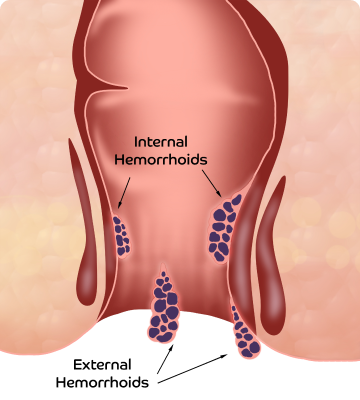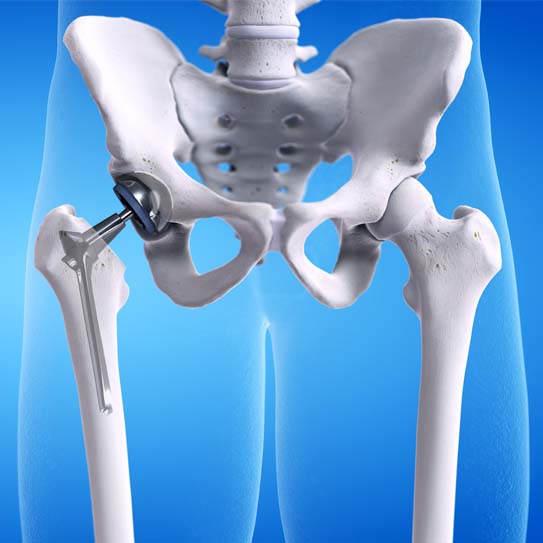Aftercare for Hip Replacement Surgery
A few do’s and don’ts that can help you recover smoother and faster-
Do’s
- Try sitting on a pillow or firm furniture
- Always sit while maintaining standard body posture
- Always keep your legs straight while resting or lying in bed
- Keep a pillow between your legs to reduce the pressure on your legs
- Take the support of a walker or a cane while walking
Don’ts
- Don’t stand suddenly
- Avoid sitting while criss crossing your legsTry not to lift your knees or bend them past your hips
- Avoid driving until suggested by your orthopedic surgeon
- Do not do any strenuous activities post-surgery
- Avoid lifting heavy weights until recovered fully
Signs you need a hip replacement
Living with constant hip pain, especially due to hip osteoarthritis or other bone disorders, can be very difficult. If you are noticing any of the following signs in your daily life, then you may need a hip replacement surgery:
- You are suffering from chronic and significant pain in the hip region that cannot be managed with over-the-counter medications and is hindering you from walking on your own.;
- You are experiencing trouble in performing routine activities like walking short distances, standing on one leg, bending down, etc.;
- You have severe stiffness in the hip joint.;
- Conservative treatments, such as physical therapy, steroids, etc., are not providing relief anymore.;
- You have a chronic orthopedic disorder such as osteoarthritis (hip OA), osteoporosis, etc.;
- Your joint pain is affecting your psychological health;
- Prolonged use of pain medication is causing side effects in your body;
- Other less invasive treatments you’ve tried in the past are not helping









![function at() { [native code] }](https://img.pristyncare.com/treatment%20section%2Fsection-1%2FHip-Replacement.jpg)
